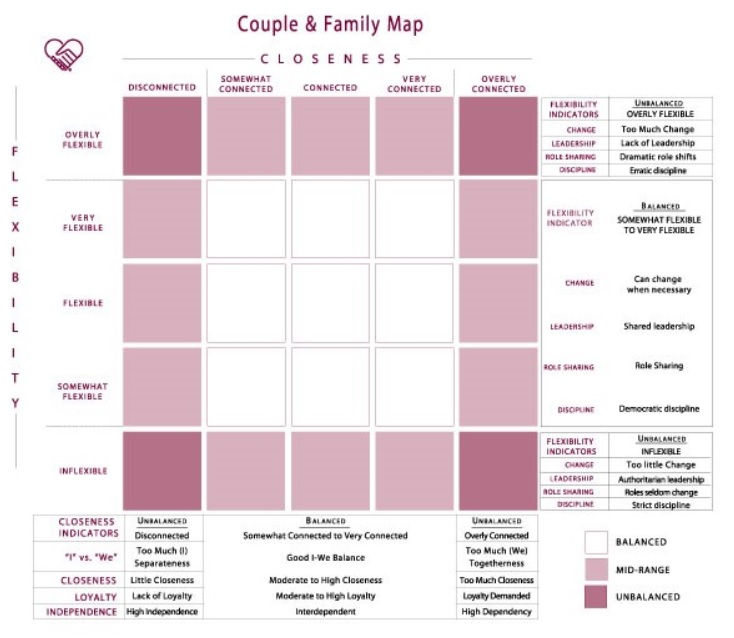Impulse Control
- rogerlinpsyd
- Feb 27, 2024
- 2 min read
Impulsive behavior is doing something without thinking about the consequences. For some people, they may call their impulsivity, "being spontaneous", like taking a spontaneous trip, making spur-of-the-moment purchases, or making a major life decision without taking the time to make the decision. Impulsivity can include more dangerous, aggressive, illegal behaviors, like stealing, physical violence, or participating in risky sexual behaviors. Other impulsive behaviors may be smaller in scale, like blurting out your thoughts without a filter, lying, or constantly interrupting others. Even though these are small, this type of behavior can still have negative consequences.
Impulse control is a skill that can be learned and developed to manage our urges, cravings, needs, wants, and impulses.
How to control your impulses
1. Learn emotional intelligence.
We need to be aware of what we're feeling, understand why we're feeling the way we do, and be able to express our feelings in a productive way. It's okay to feel angry, but it's not okay to be rude, disrespectful, and yell at someone when we're angry. When we are able to manage our emotions in a productive way, it will help us control our impulses.
2. Debrief, reflect, process.
Take the time to reflect on your day. Debrief significant events to understand how it affected you. Process your thoughts and desires regularly so you know what you are thinking about what you want. Acknowledge your impulses. Our impulses can intensify if we don't identify and address them.
3. Practice solving problems.
Identify problems and brain storm solutions. There are often more than one way to solve a problem. Identify several potential solutions before jumping into action. Once you have a list of possible solutions, evaluate which solution you want to try to address the problem.
4. Learn and schedule coping skills.
Develop the habit of taking deep breaths throughout your day. Go outside and take a walk to burn off some energy and reset. Develop routines for relaxing activities like art, puzzles, music, reading, and stretching.
5. Think before you act.
Tell yourself to stop before you act. Think about the situation. What is happening? Who is involved? What is the end goal? How am I impulsively reacting to this? What is my emotional response? How are my emotions coloring my perspective on this. Take the time to ask questions and think before you act or speak.
6. Build structure in your life.
Schedule your time. Organize your tasks. Set goals and break them down into small steps. Set limits, too much of a good thing can become a bad thing. Budget, allocate your time, energy, resources, and money. Challenge yourself to do hard things. Structure can develop discipline, self-control, and impulse control.
7. Create a reward system.
Create opportunities to practice delayed gratification. View impulsive behavior as immediate gratification. Set up investment opportunities or a token economy system. Develop patience, be okay waiting, and when you reach milestones and accomplishments, take the time to celebrate and enjoy the reward.
8. Set good role models
How we act is influenced by models that we see. We learn how to control impulses from our family and friends. Identify people in your life that you respect and learn from them how to control your impulses.

Comments